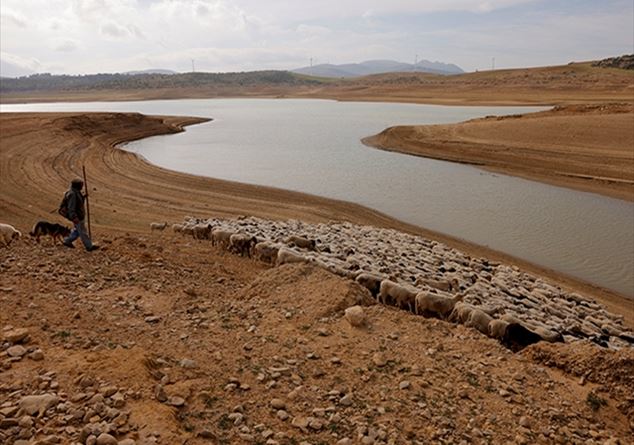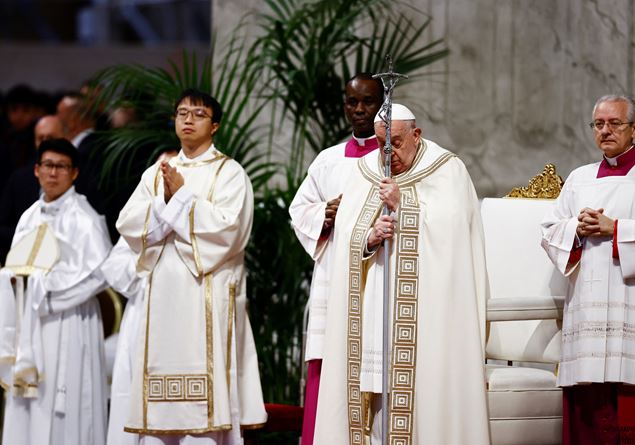
Dear reader friends,with this issue begins a miniseries of four zooms dedicated to the ecological theme, in this Time of Creation, which runs from September 1st to October 4th, the feast of St. Francis: a sort of journey through the four elements (earth, air, water, fire) to photograph the state of health of our planet but also to glimpse, in the midst of an discouraging panorama, small signs of hope.
The first reaction, almost instinctive, when faced with alarming news about the “sick” earth, is that it is a question beyond our possibilities and strengths: we tend to remove the problem, or to delegate it to others and other generations. Added to this attitude is the belief of many that it is not such an “important” topic for believers. The words of the Pope’s Message for the World Day of Prayer for the Care of Creation, published last June 27, which is a commentary on a passage from Saint Paul, Romans 8, the song of hope in the midst of the “birth pangs” in which creation finds itself in the present, undermine both attitudes.
Hope, together with action, are the two key words of the Message: “Hope and act with creation”. In essence, Pope Francis tells us, the Christian is supported by hope, which is an “alternative reading of history and human events: not illusory, but realistic, with the realism of faith that sees the invisible.” He then reflects at length on the “cosmic” dimension of salvation in Christ.
The present of Christians is characterized by the gift of the Spirit, who “keeps the believing community alert and… calls her to convert in lifestyle, to resist human degradation of the environment and to demonstrate that social criticism which is first and foremost evidence of the possibility of change.”
So far so good, you might say: but in practice? Is it really possible to hope? To change and reverse course? Christian hope, which Francis illustrates in the Message, humbly makes us say yes. And not in the abstract: there are possible alternatives. Two quick examples: a prosperous industry (and very polluting, as well as a cause of social injustice) is today fast fashion, the large-scale production of “disposable” and low-cost fashionable clothes. An inescapable destiny? We are not forced, we can make careful and more environmentally friendly purchasing choices, buy less and “better”, without being slaves to the continuous “changing of clothes”. Just as companies can make different choices, as reported a few days ago by Evening Courier about 18 Italian fashion companies that have chosen sustainability and invest in plant-based materials and recycling. It’s up to us, not others. Another example: does deep plowing damage the soil? There are other methods, explains expert Vincenzo Tabaglio in Zoom: you can choose a type of conservative and regenerative agriculture. Here too, no “inevitable fate”.
Becoming aware of the situation of the earth must not lead to “surrender” or despair but to activate hope. «To hope and act with creation then means to live an incarnate faith, who knows how to enter into the suffering and hopeful flesh of people”. Faith that passes through the conversion from being a “predator” to a “cultivator” of the garden”, as free and responsible people.







